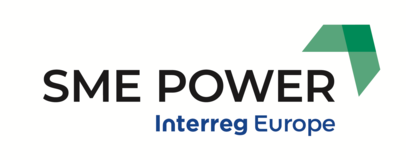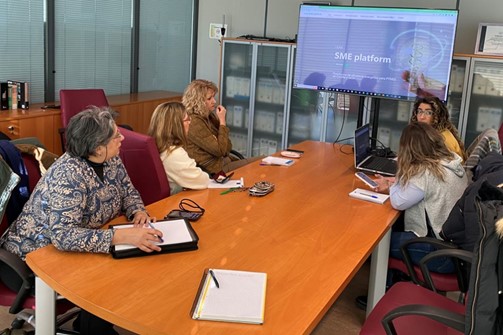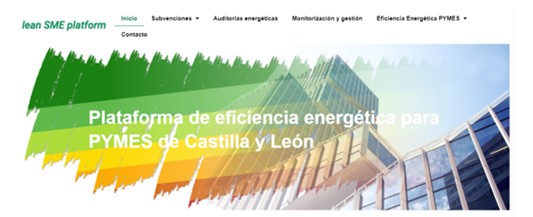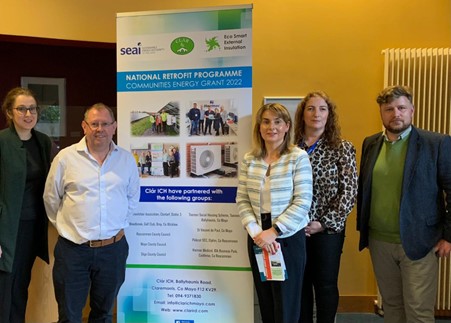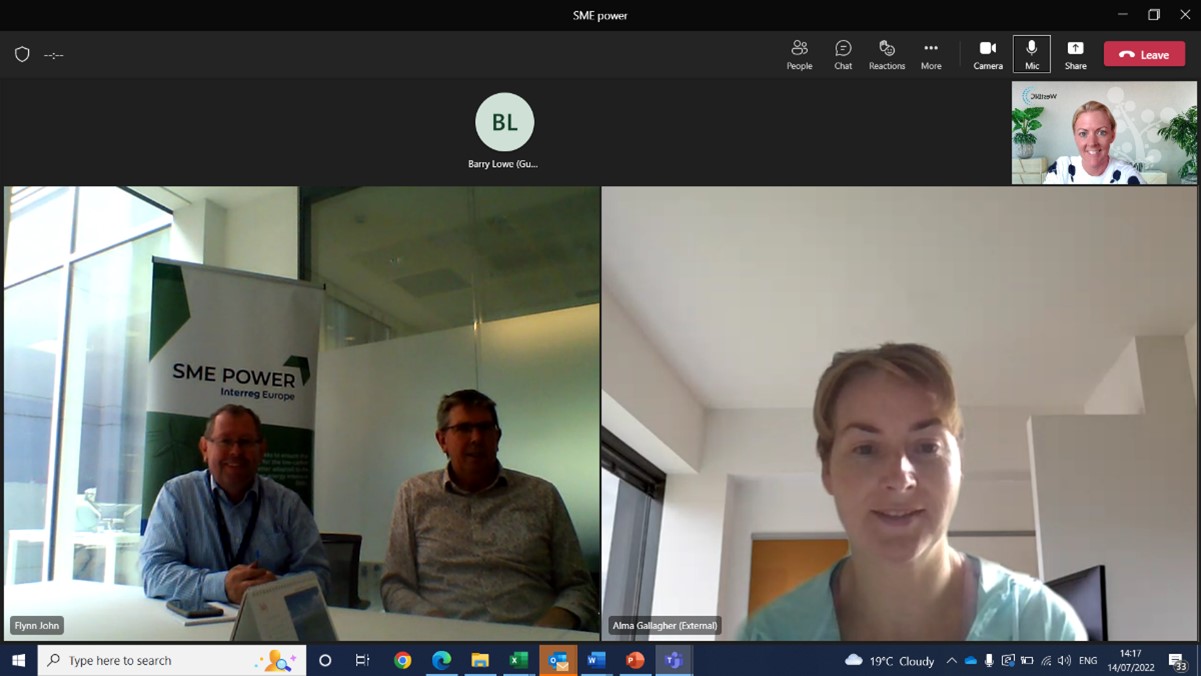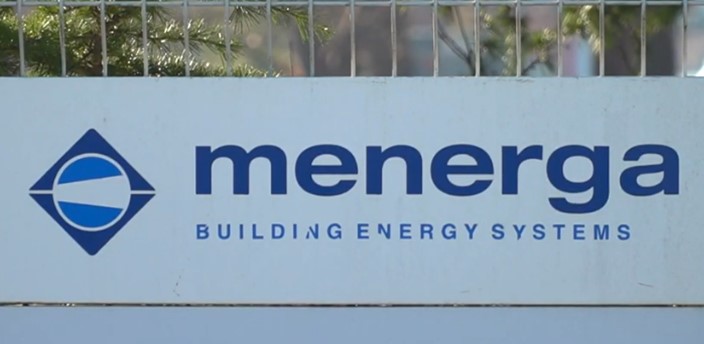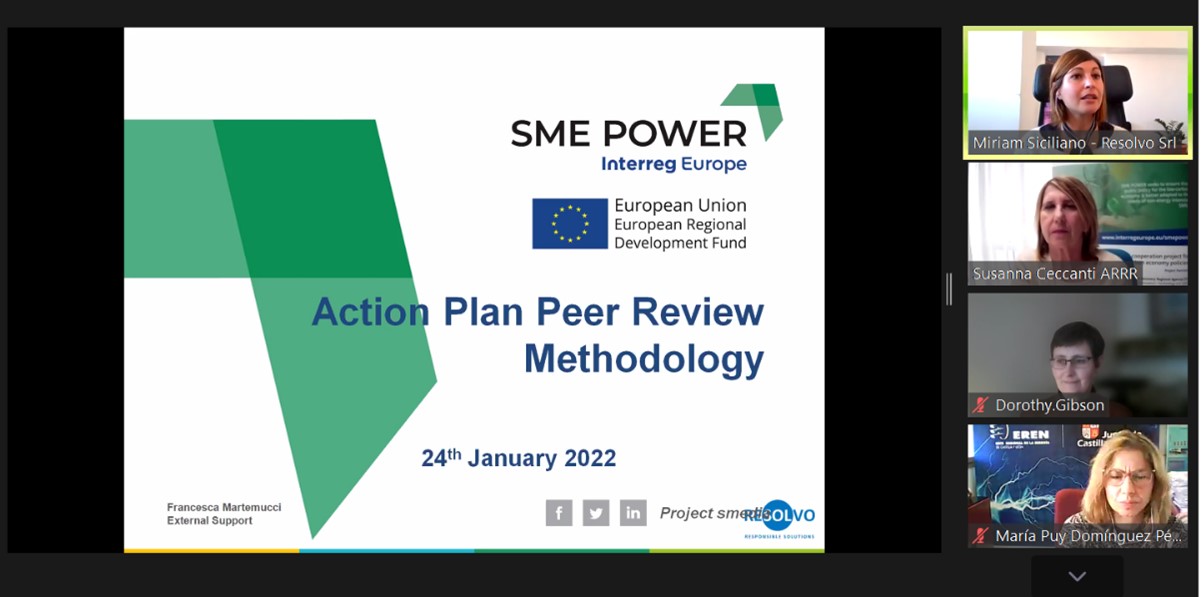The Italian Regional Energy Stakeholder (RES) Group for the SME Power Project was established in September 2019 with the aim of improving the Regional Energy Policy Tools that offer support to SMEs in the implementation of energy efficiency measures.

This first meeting of the Italian RES Group was held in the premises of the projects Lead Partner, Resources Recovery Regional Agency (ARRR) in Florence on 15th January 2020. This group will participate in local meetings organised by ARRR every semester in order to evaluate the effectiveness of energy support policies for SMEs and provide contributions to improve these policies.
Hosted by ARRR, the attendees at the first SME Power Italian RES Group meeting included:
- Valerio Marangolo from Tuscany Region, Energy and Environment Dpt., responsible for technical management of Structural funds in energy matters
- Laura Simoncini and Luca Baglioni from Craftmen Association
- Antonio Chappini and Simone Marchi from National Confederation of crafts
- Silvia Ramondetta from Industry Association
- Andrea Rocchetti from Engineer Department of the University of Florence
Lead partners Roberto Bianco and Susanna Ceccanti initiate the morning discussions; first by introducing the project activities and objectives to the audience, and also presenting the Tuscany Region and the stakeholders’ roles and their involvement within the project.
The formation and objectives of the Italian Stakeholder Group were pointed out as well as the opportunities available for stakeholders to attend study visits to Partner Regions. These cross partner visits would aim to learn about developments and good practices happening throughout all the others partners’ regions. The stakeholders will evaluate this possibility of joining the next partners’ meeting in Heinola City (Finland) foreseen for 19th and 20th of February.
Mr. Marangolo from Tuscany Region presentation outlined the calls to support SMEs in the implementation of energy efficiency measures within the ERDF 2014-2020 programme. Mr Marangolo specifically highlighted annex 4 “support the transition towards a low carbon economy in all sectors”, with a particular focus on Action 4.2.1 (sub action a1 “help to projects aimed at improving energy efficiency in buildings” and sub action a2 “help to projects aimed at improving production processes”).
Hosts had been provided, in advance, with a draft evaluation methodology (questionnaire + “energy support map”), to test the above Tuscany ERDF OP 2014 - 2020 policies.
The questionnaire was aimed at assessing stakeholders’ experiences of the tools of energy efficiency support policies they know and experimented with, trying to define the potential improvements of existing and identified instruments and the force that hinder or can facilitate such change.
These inputs given by the participants were crucial for the preparation of the "energy support map".
The “energy support map” is a document that must provide an overview of the energy support programs available in the region, with the relative strengths and weaknesses, and analyses proposed changes aimed at strengthening these programs.
During the meeting the stakeholders pointed out that although thanks to this call for tender some SMEs succeeded in receiving a capital contribution to reduce the investment with reduced deadlines and have started interventions that otherwise would not have been carried out, there are still some key issues to be taken into consideration:
- The resources were not sufficient to cover the needs of the many SMEs present in Tuscany
- It was difficult for SMEs to get information on incentive policies due to the lack of communication (in particular at the beginning of the programme)
- The procedures for participating in calls for tenders were, in some respects, complex and for this reason the companies, even the most organised, had to recruit external consultants (which is costly)
Starting from these weakness points, a “change proposal” will be identified in the regional context, that is an ideal plan for improving the current situation.
Afterwards, forces for change and forces resisting change will be identified, on the basis of the steps and sample questions, and the cooperation of the involved local stakeholder, together with the comparison with the other regional context, will be of crucial importance to try and drive a change in the future policy measures, which is the main target of SME POWER Project .
